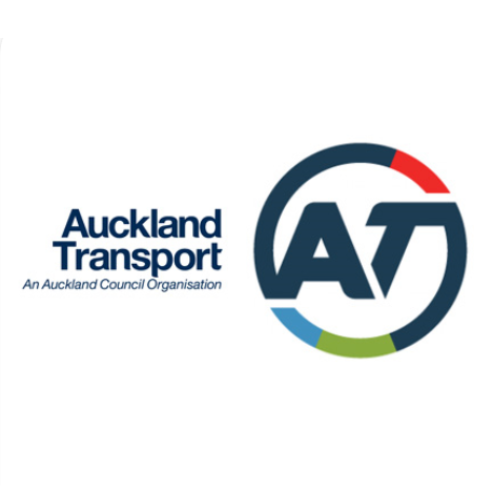Meat processor Silver Fern Farms is moving more animals over fewer kilometres, thanks to a digital real-time transport management system.


Meat processor Silver Fern Farms is moving more animals over fewer kilometres, thanks to a digital real-time transport management system.

Lion New Zealand, Aotearoa’s largest alcohol beverages company, has reduced its carbon emissions by 10 per cent meeting its carbon emissions reduction commitments as part of its Toitū net carbonzero organisation certification

Genesis has detailed a new approach to charging electric vehicles called EVerywhere, designed to make it cheaper and easier to charge your car away from home.

A new waste management facility with the power to destroy climate change causing gases is set to be built in Aotearoa New Zealand for the first time.

The New Zealand economy could receive a multi-billion dollar injection, totalling almost $150billion, if new homes and buildings are constructed to be less polluting, the very first study of its kind has found.

From slips in Wellington to flooding in Nelson, the realities of climate change are never far from the front page. And with the ongoing threat of rising sea levels, drought and bushfires, denying we’re on the brink of a climate emergency is no longer an option.

Construction of Auckland’s first electric ferry is progressing with two identical electric ferries being built for Auckland Transport (AT) by Auckland based boat builders McMullen & Wing.

The research arm of leading design and engineering firm WSP in New Zealand has just received $9.1 million in funding from the Ministry of Business, Innovation and Employment’s (MBIE) Endeavour Fund to investigate use of biomass as a replacement for roading bitumen.

Contact Energy’s plans to build a fourth geothermal power station at its Te Huka site in Taupō could create up to 250 new jobs and inject an estimated $140m into the local and national economies.

In the shift away from petrol, Toyota is best known as the brand that took hybrid EVs into the mainstream.
But the carmaker has also started to expand its hydrogen efforts.

Z Energy is proud to be partnering with The Nature Conservancy (TNC) to support its global programme of work to create the enabling conditions for a thriving blue carbon marketplace.

ANZ is the latest bank to offer discounted loans to businesses that want to fund green initiatives.